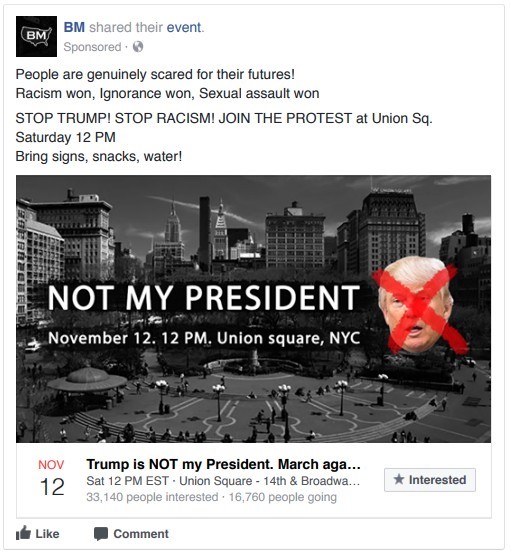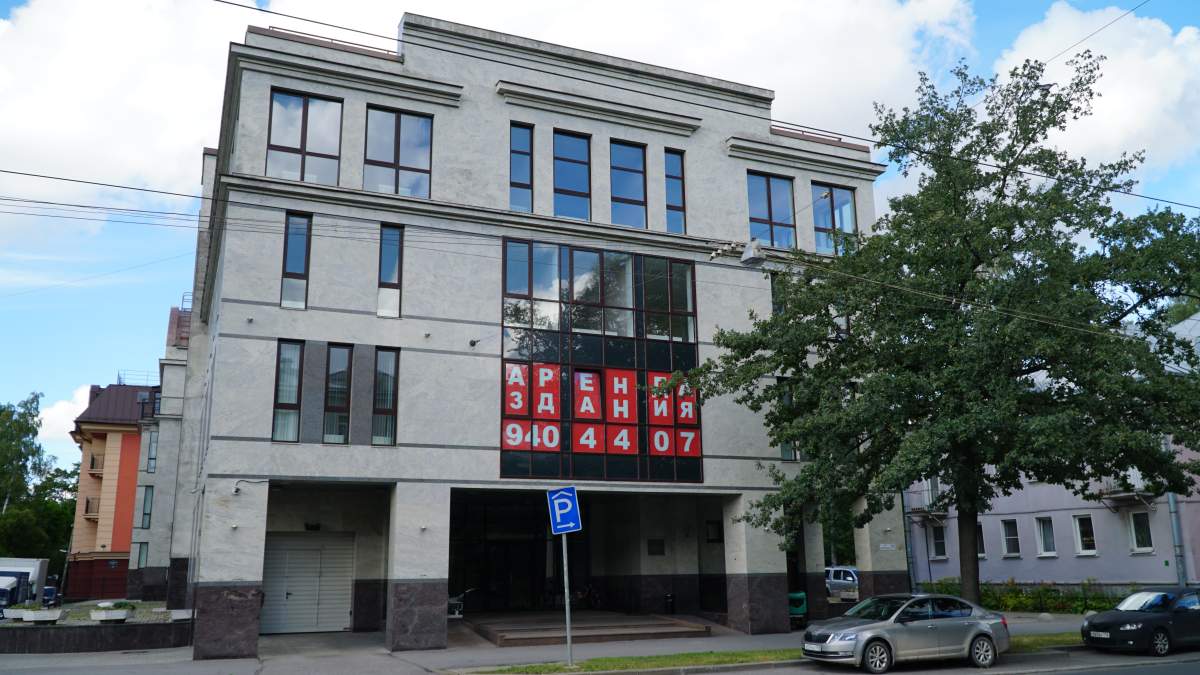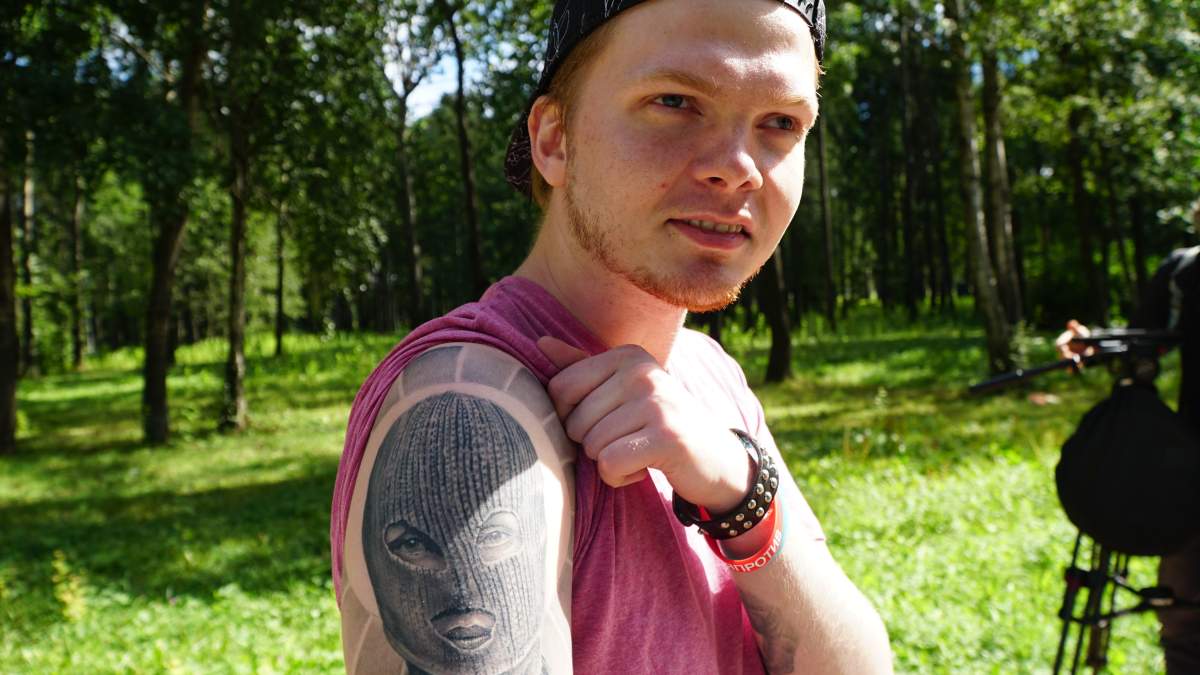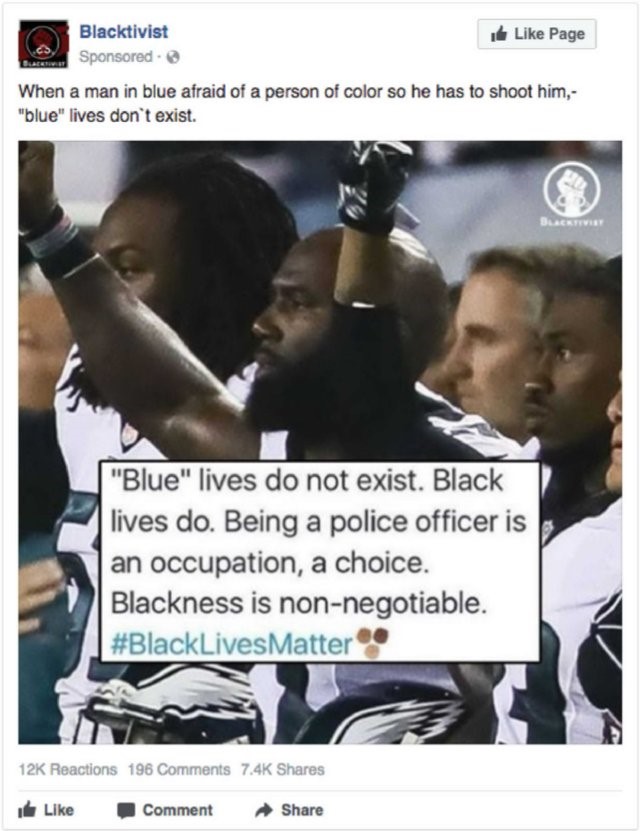A former professional Russian internet ‘troll’ is warning Canadians “need to be vigilant” ahead of next year’s federal election.

Vitaly Bespalov was once an employee at the Internet Research Agency (IRA), the official name for the notorious Russian troll factory in Saint Petersburg, which the U.S. Department of Justice accuses of meddling in its 2016 presidential election.
“If Canadians are afraid of foreign influence, they need to be on guard and double-check the info they see online,” Bespalov said.
The aspiring young Russian journalist started working at the troll factory in 2014, after he responded to an online advertisement for what he thought was a job at a Russian news website.
But he quickly discovered it was something else entirely.
“My job was to write 20 news articles each day full of pro-Kremlin propaganda,” he told Global News in Saint Petersburg.
Bespalov’s articles mostly focused on the war in Ukraine. Instead of the annexation of Crimea by pro-Russian separatists, he was instructed to write about a militia of volunteers fighting for freedom.
And he recalls his manager telling him the most important rule: “Don’t mention Russia. Russia does not participate in this conflict and you can’t say otherwise.” (Russian President Vladimir Putin later acknowledged that Russian troops were deployed to Ukraine.)
Bespalov said the website was made to look like it was based in Ukraine. He would “spam” the links to his articles on various websites, using fake online accounts that he created with photos taken from real profiles “without their owners knowing.”
“Usually, it was women because they were considered more trustworthy,” he said. Despite his moral objections, Bespalov said he continued working at the IRA for a few months.
“I thought: ‘Why don’t I work here for a while and later tell my story?’ But I never imagined that it would become such an international story,” he said.

Get breaking National news
“The term ‘Kremlin troll’ is a known thing in Russia. But Americans and Canadians weren’t prepared for it.”
Before he resigned his position, Bespalov said the IRA started recruiting English-speaking employees to target Western countries, particularly the United States.
Russian investigative journalist Andrey Zakharov revealed how the IRA’s posts reached up to 50-million people online each week.
The trolls even successfully organized and funded political protests and counter-protests in the U.S. “Their main aim never was to support Trump,” Zakharov said. “Their main aim was to raise all tensions in American society.”

Canada’s close proximity and relationship with the United States means Canadians are also targeted, he said, albeit on a smaller scale.
“There were thousands of tweets that talked about Canadian issues,” said Patrick Warren, an associate professor of economics at Clemson University.
Warren and his colleagues recently analyzed 3-million tweets that Twitter traced back to the IRA. Those targeting Canadians often focused on Canada-U.S. relations and divisive issues such as migration.
“Canada FORCED to take DRASTIC Action to Stop Illegals From Flooding In,” wrote Twitter user ‘ALLBERRTOSS’ in August 2017, during a spike in illegal border-crossings. Another troll account, AMELIEBALDWIN, wrote: “Syrian refugees are not welcome to toronto… #IslamKills #Brussels,” in March 2016, after a terrorist attack in the Belgian capital.
Most of the trolls’ accounts were focused on actively promoting opposing sides of divisive issues in Canadian society.
One tweet said “Keep Canada White,” while another account promoted the hashtag “Black Lives Matter,” following the Toronto police shooting death of teenager Sammy Yatim.
“They can borrow words that are already existing but are very fringy and make them seem less fringy than they really are,” Warren said. “I think you can get a very biased and extreme view of how divided we are.”
Some of the trolls’ accounts pretended to be legitimate local news sites, while others posted links to headlines such as “Illegal Alien Alleged Sex Offender Arrested near Canadian Border,” and, “Canada Pays 8M To A Terrorist Who Killed An American Soldier.”
The trolls’ accounts picked up thousands of real followers and their posts were re-tweeted and mentioned tens of millions of times by other users.
“Those are mentions from outside the troll community,” said Warren. “We saw significant changes in the way that these accounts acted over time. They got sneakier. They got harder to identify.”
WATCH: Russia accused of cyberattacks in Canada and around the world

The Kremlin has denied any knowledge of the troll factory’s activities and questioned whether online posts could influence an election result.
“I think that the internet is a powerful place, but the reasons that Trump won the election have nothing to do with this,” said Yaroslav Nilov, an MP with President Putin’s Duma party. “I think that when Russia is blamed, it is just the establishment trying to offer excuses as to why they have lost.“
More than 2,000 of their trolls’ tweets specifically mention Canadian Prime Minister Justin Trudeau (including the hashtag #TrudeauMustGo and “Trudeau is Forced to Rethink His OPEN BORDERS Policy”).
Bespalov has no doubt that the next Canadian federal election in 2019 will be targeted.
“In most cases, the voters decide and the trolls don’t have a big impact,” he says. “But when it’s a close race and voters are on the fence, it might have an impact. Canada has to be on its guard.”









Comments